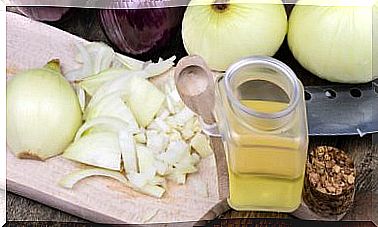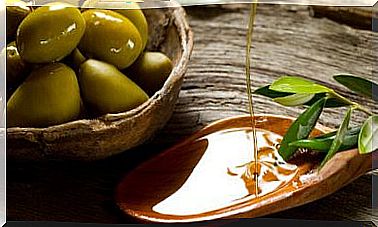5 Reasons Why You Should Take Aloe Vera When You Suffer From Gastritis
Given that aloe vera is considered to be a medicinal plant capable of supporting health in various ways, there have been people who have decided to take a little aloe in their diet, as an adjunctive treatment for various disorders, such as gastritis for example.
Is it advisable to take aloe vera within the diet? What benefits could it specifically provide? Does it really contribute to recovery in case of gastritis and other diseases? Let’s look at it in more detail below.
Gastritis
There is talk of gastritis when the stomach lining becomes inflamed and pain, discomfort, loss of appetite appear, among other discomforts. Although it is generally not a serious disease, there are cases where gastritis can become chronic.
On the other hand, there are many people who suffer from what is known as “nervous or emotional gastritis”, where stress and anxiety directly affect the stomach.
It is possible that, in some cases, the consumption of aloe vera – in controlled amounts – may be beneficial in case of gastritis. However, to avoid adverse reactions, you must always follow the indications of the treating physician.
Should aloe vera be taken in case of gastritis?
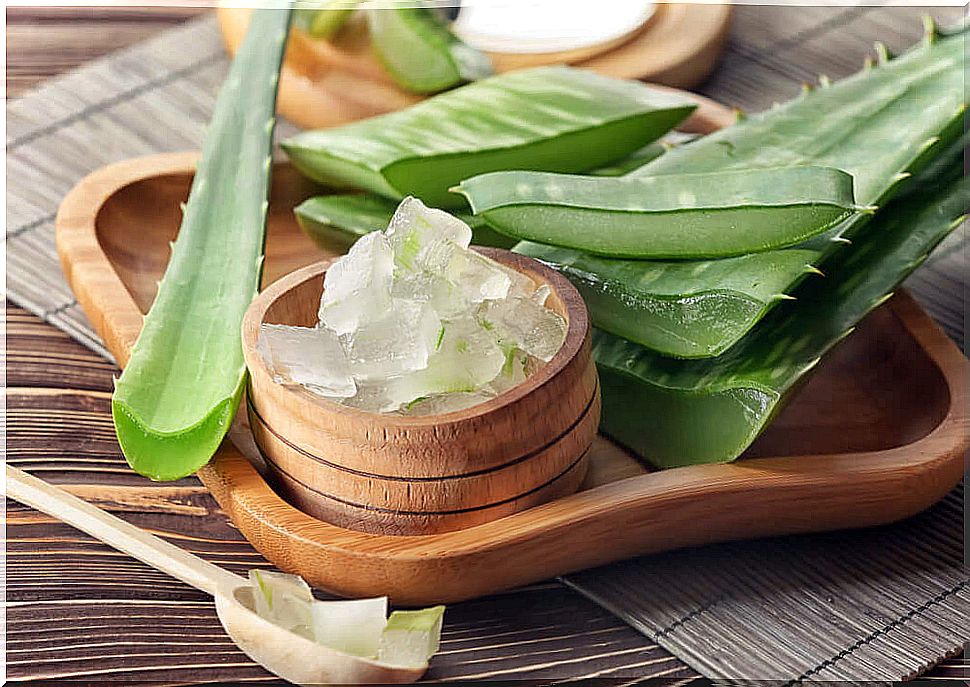
According to beliefs, aloe vera may be one of the most suitable plants for treating certain digestive problems. This would be due to the antioxidant, anti-inflammatory and healing properties attributed to it.
For a few years now, the benefits of drinking aloe vera as a complement to a balanced diet have been investigated. In 1985 the effect of the consumption of its juice was already being evaluated.
Since some studies in rodents have had positive results, it is believed that taking aloe vera, within a healthy lifestyle, can help improve digestion, relieve gastritis and irritable bowel syndrome.
Once, we pointed out that aloe vera is referred to as a “medicinal supplement.” Namely, It will never be able to act as a medicine, nor will it be able to cure a disease on its own . What it does is alleviate the symptoms and accelerate the mechanisms to find improvement.
1. It would relieve inflamed digestive mucous membranes
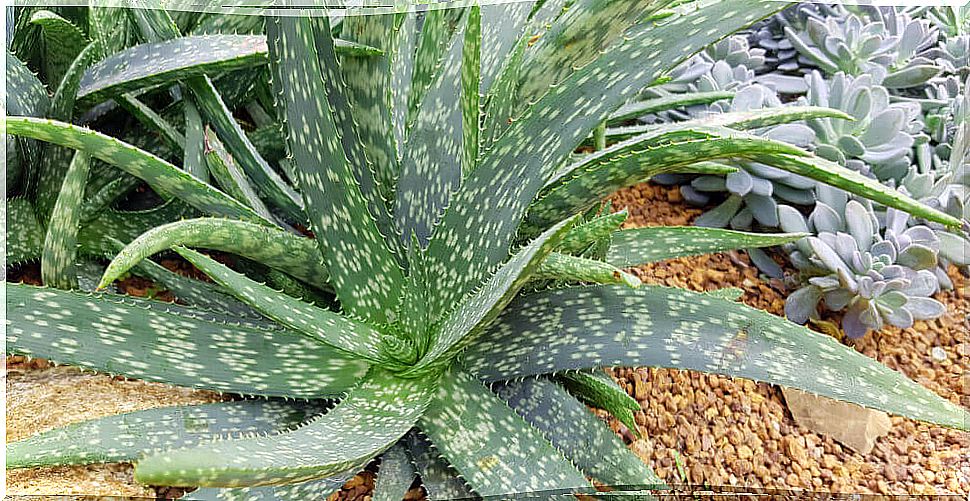
The Aloe genus belongs to the Asphodelaceae or Liliaceae family and one of its best therapeutic properties is acting on inflamed tissues.
- Aloe vera reduces inflammation. It does this by blocking the synthesis of prostaglandins. These elements present with the sensation of pain and with inflammations or infections.
- The anti-inflammatory activity of aloe vera gel helps heal tissues and, in turn, stimulates the immune system. Thanks to this activity and its enzymes it manages to act on those inflamed stomach mucous membranes caused by gastritis.
2. It would act as an antibacterial
Gastritis, in many cases, is caused by a very specific type of bacteria: Helicobacter pylori. By taking aloe vera we stimulate the immune system to deal with any microorganism. Monocytes and macrophages are activated to treat many types of viruses or bacteria.
While it is true that Helicobatcer pylori is extremely resistant, aloe can reduce its activity and block its growth.
However, it must be borne in mind that infections caused by this microorganism must be treated by a professional. Although aloe can contribute to its treatment, it is necessary to follow medical recommendations.
3. It would be a good pain reliever
Inflammation of the gastric mucosa causes pain. In addition, it is common that during gastritis we suffer stomach cramps and that uncomfortable feeling of emptiness.
Aloe vera gel regenerates the stomach and intestinal mucosa thanks to its collagen fibers. This is important if we suffer, for example, from erosive gastritis.
Likewise, thanks to the angiogenesis favored by allantoin, and its anti-inflammatory and antimicrobial effect, we are finding relief and rest. It is worth keeping in mind.
4. It would nourish during the lack of appetite for the disease
During gastritis it is common to feel loss of appetite. Inflammation, added to digestive disorders and diarrhea, causes that general discomfort in which you hardly feel hungry.
Aloe vera has vitamins B1, B2, B3, B6, C, E, choline, folic acid and minerals such as calcium, chromium, copper, iron, potassium, magnesium, sodium or silicon. So it would contribute to the nutrition of the body.
5. Helps fight intestinal discomfort
During a gastritis attack, it is normal to suffer from aerophagia or intestinal discomfort. While this may vary from patient to patient, it generally involves an uncomfortable feeling of bloating and gas. Luckily, due to its anti-inflammatory and digestive properties, aloe vera would be a good ally to alleviate it.
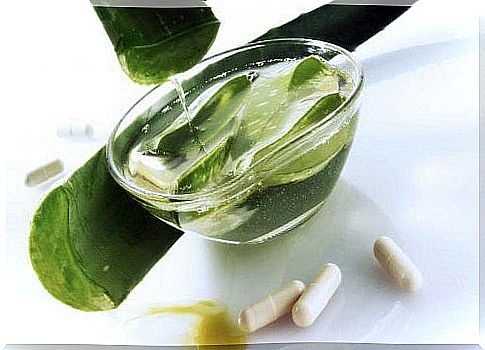
According to science, would it be beneficial to take aloe vera in case of gastritis?
In a study carried out in rodents, published in 2007, it was concluded that, under experimental conditions, aloe vera (aloe vera) had an important protective and therapeutic effect similar to sucralfate. Therefore, it is considered that taking aloe vera can be beneficial for human health and, in particular, in case of gastritis.
Although much of its composition is water, aloe vera also contains amino acids, enzymes, vitamins and minerals that can contribute to the health of the body.
For all this, there have been people who have been encouraged to include a little aloe vera in their diet, with the aim of improving gastrointestinal disorders such as gastritis. However, it is necessary to clarify some aspects around this topic.
Although aloe vera has some beneficial potential in some cases, it must be used in very precise doses and always under medical supervision, since otherwise, aloe could cause irritation and aggravate the patient’s condition.
On the other hand, it must be clear that aloe would be – in any case – a supplement to the diet, not a substitute for the treatment prescribed by the doctor.
If you have gastritis, it is best to stay well hydrated at all times, rest and if you have any questions or complications, consult your doctor.

